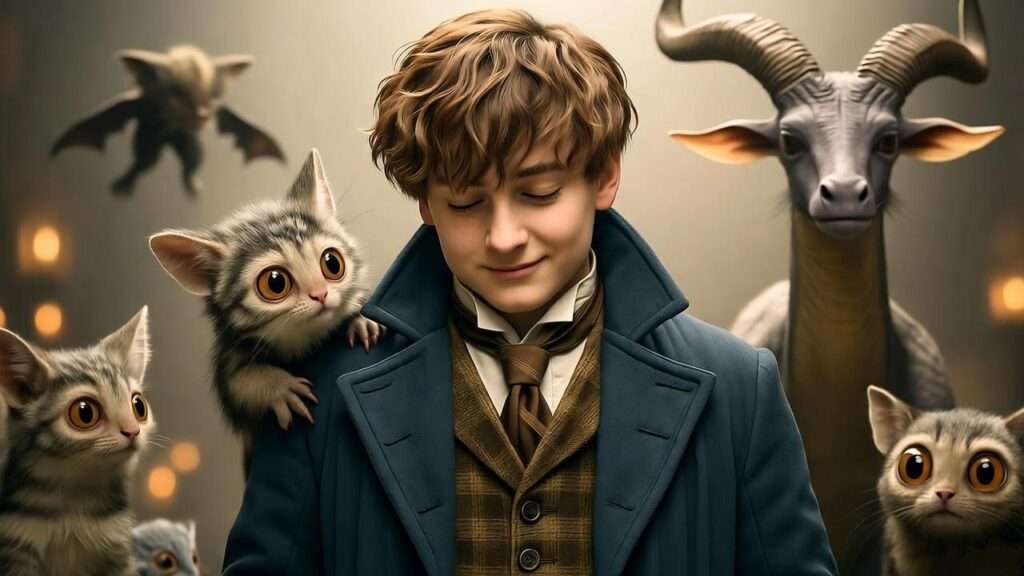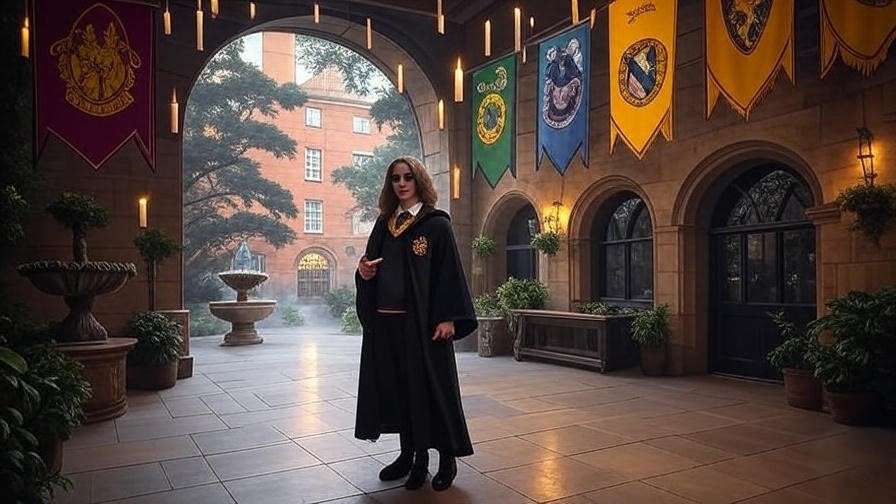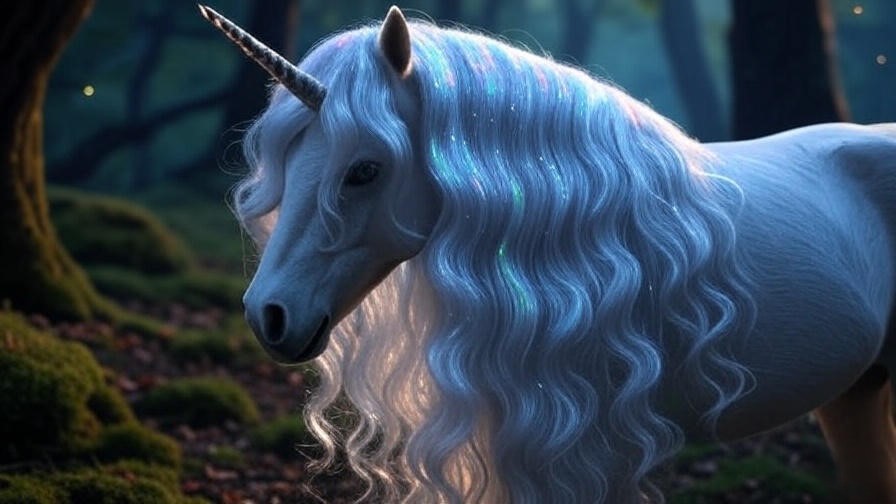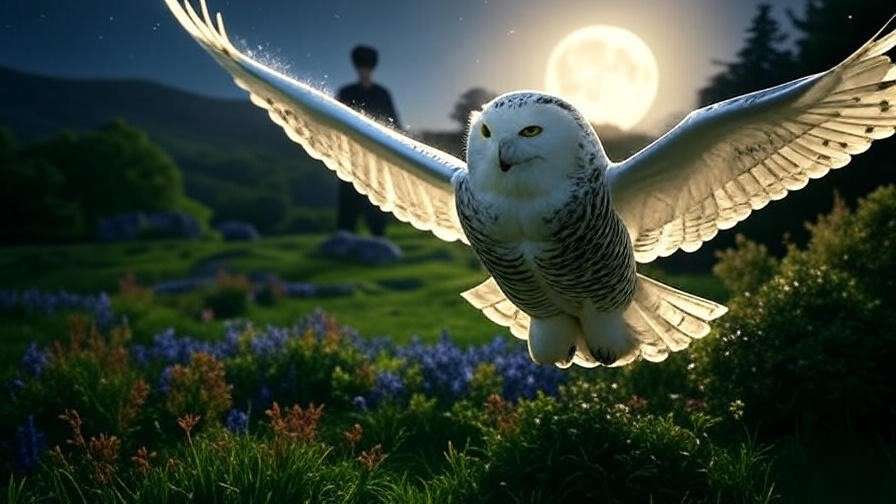Picture Newt Scamander, the quirky magizoologist from Fantastic Beasts and Where to Find Them, stepping out of his enchanted suitcase, his eyes darting nervously as he avoids the bustling crowds of 1920s New York. His gentle demeanor, intense passion for magical creatures, and subtle social awkwardness have captivated Harry Potter fans worldwide. Among the many discussions sparked by his character, one question stands out: does Newt Scamander exhibit traits associated with autism? The phrase “Does Newt Scamander Have Autism?” has gained traction among fans curious about whether this beloved character reflects neurodiverse qualities. As a dedicated Harry Potter blog, we aim to explore this question thoughtfully, analyzing Newt’s behaviors, consulting expert perspectives, and celebrating the representation his character may offer. While we cannot diagnose a fictional character, this exploration seeks to foster understanding and empathy, connecting fans with the broader conversation about neurodiversity in the Wizarding World.
Who Is Newt Scamander? A Brief Character Overview
Newt’s Role in the Wizarding World
Newt Scamander, portrayed by Eddie Redmayne in the Fantastic Beasts film series, is a magizoologist whose life revolves around studying and protecting magical creatures. First introduced in J.K. Rowling’s fictional textbook Fantastic Beasts and Where to Find Them, Newt became the protagonist of the film series, set decades before Harry Potter’s time. His adventures in 1920s New York and beyond showcase his courage, compassion, and unwavering dedication to creatures like Nifflers, Bowtruckles, and Thunderbirds. Unlike typical heroes, Newt’s quiet strength and unconventional approach make him a unique figure in the Wizarding World, resonating deeply with fans who see themselves in his differences.
Defining Characteristics
Newt’s personality is a tapestry of quirks and depth. He’s shy, often avoiding eye contact, and struggles with the social niceties expected in human interactions. Yet, his empathy shines through in his tender care for creatures and select individuals, like the vulnerable Credence Barebone. Newt’s obsessive knowledge of magical beasts reflects a laser-focused passion, and his fidgeting—whether with his wand or suitcase—hints at a restless energy. These traits, depicted vividly in scenes like his awkward exchanges with Auror Tina Goldstein, have led fans to speculate about neurodiverse qualities, particularly autism spectrum characteristics.
Expert Insight
While J.K. Rowling has not explicitly labeled Newt as autistic, her writing and Redmayne’s performance suggest intentional depth in his characterization. In interviews, Redmayne has described Newt as someone who “lives in his own world,” with a profound connection to creatures that others misunderstand (source: Fantastic Beasts press interviews, 2016). This aligns with Rowling’s tendency to craft characters with layered, relatable differences, inviting fans to interpret Newt’s traits through a modern lens of neurodiversity.
Understanding Autism Spectrum Disorder (ASD)
What Is Autism?
Autism Spectrum Disorder (ASD) is a neurodevelopmental condition characterized by differences in social communication, sensory processing, and behavior patterns. According to the CDC, autism affects approximately 1 in 36 individuals, with traits varying widely across the spectrum. Common characteristics include challenges with social cues, intense interests in specific topics, sensory sensitivities, and repetitive behaviors. Importantly, autism is not a “one-size-fits-all” condition—each person’s experience is unique, ranging from those needing minimal support to those requiring more significant accommodations.
Why Representation Matters
Seeing characters like Newt Scamander, who may reflect autistic traits, is vital for fostering acceptance and understanding. The Autistic Self Advocacy Network emphasizes that positive media representation can empower neurodiverse individuals and educate others about their strengths (ASAN, 2023). For Harry Potter fans, Newt’s character offers a chance to celebrate differences, challenge stereotypes, and build a more inclusive fandom. His story resonates with those who feel “different,” providing a sense of belonging in a magical world where uniqueness is a strength.
The Challenges of Diagnosing Fictional Characters
It’s critical to note that autism is a clinical diagnosis, applied to real individuals by professionals using tools like the DSM-5. Fictional characters like Newt cannot be diagnosed, as they lack real-world context. However, analyzing their traits can spark meaningful discussions about neurodiversity. This article avoids labeling Newt as autistic but instead explores how his behaviors align with autism spectrum characteristics, offering insights for fans seeking representation without overstepping clinical boundaries.
Does Newt Scamander Exhibit Autistic Traits?
Social Interaction and Communication
Newt’s social interactions are a cornerstone of the “Does Newt Scamander Have Autism?” discussion. In Fantastic Beasts and Where to Find Them, he often appears uncomfortable in crowded settings, such as the bustling streets of New York or MACUSA’s headquarters. His conversations with Tina and Jacob Kowalski are marked by hesitancy, minimal eye contact, and a tendency to pivot to topics about creatures. For example, when Tina questions him about his suitcase, Newt deflects with nervous enthusiasm about his Niffler, a behavior that mirrors how some autistic individuals redirect conversations to their areas of comfort. These traits align with autism’s social communication differences, where navigating unspoken social rules can be challenging.
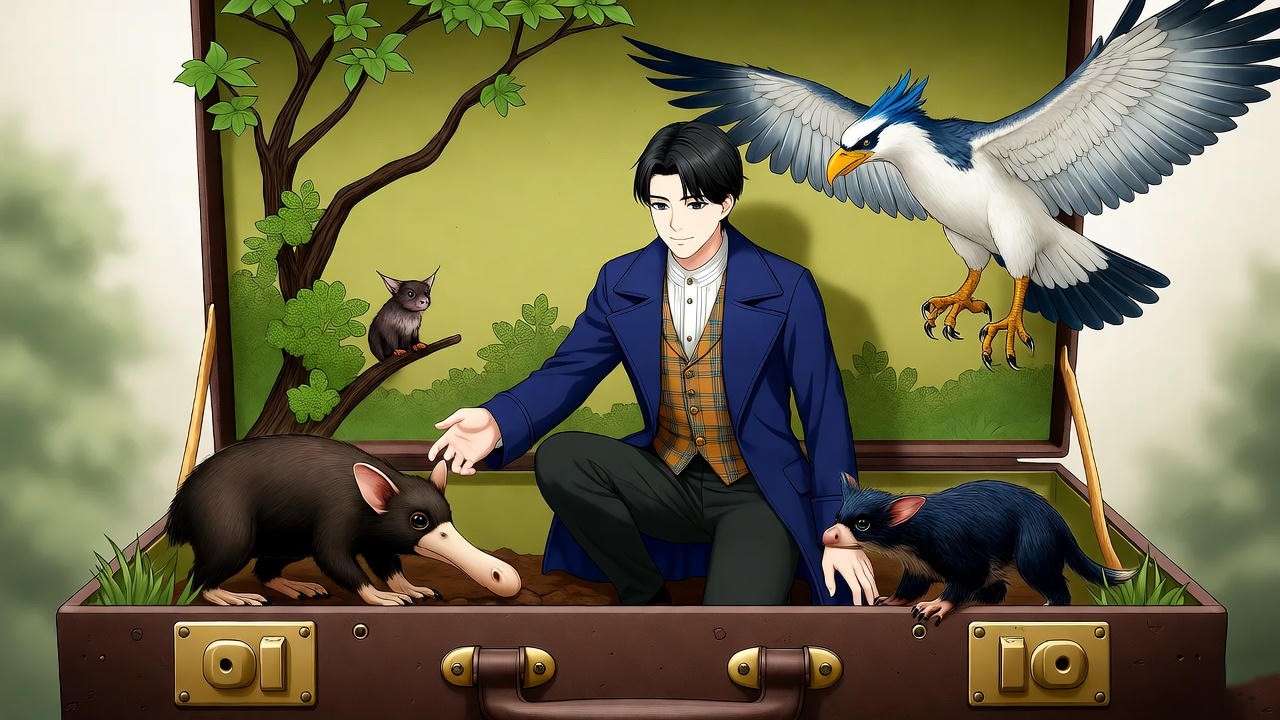
Intense Interests and Focus
One of Newt’s most defining traits is his all-consuming passion for magical creatures. His encyclopedic knowledge of beasts, from the mating habits of Erumpents to the care of Bowtruckles, reflects the intense interests often seen in autistic individuals. Autism research, such as studies from the National Autistic Society, highlights how “special interests” provide joy, focus, and expertise for many on the spectrum. Newt’s dedication—evident when he risks his life to protect a Thunderbird or meticulously documents creatures in his book—parallels this deep engagement, making him a relatable figure for fans who share similar passions.
Sensory Sensitivities and Repetitive Behaviors
Newt’s behavior suggests possible sensory preferences, a common autism trait. He appears most at ease in the controlled, natural environments of his suitcase, surrounded by the sounds and sights of his creatures. In contrast, chaotic settings like New York’s streets seem to unsettle him, as seen in his hunched posture and quick retreats. Additionally, Newt’s subtle habits—like fidgeting with his wand or repeatedly checking his suitcase—resemble repetitive behaviors that can help autistic individuals self-regulate. While not definitive, these details contribute to fan interpretations of Newt as neurodiverse.
Empathy and Emotional Depth
Contrary to outdated stereotypes, many autistic individuals are deeply empathetic, and Newt exemplifies this. His compassion for misunderstood creatures, like the Obscurus-afflicted Credence, showcases a profound emotional connection. In The Crimes of Grindelwald, Newt’s gentle reassurance to Credence—“You’re not a monster”—highlights his ability to empathize with those who feel outcast. Research from the Journal of Autism and Developmental Disorders (2021) notes that autistic empathy often manifests uniquely, focusing on deep understanding rather than social performance. Newt’s empathy challenges misconceptions, reinforcing his appeal as a potentially neurodiverse hero.
Fan and Expert Perspectives on Newt’s Traits
What Fans Are Saying
The Harry Potter fandom has embraced Newt’s unique traits, with many fans on platforms like X and Reddit speculating about his neurodiversity. A popular X post reads, “Newt Scamander feels so autistic-coded—his love for creatures and social awkwardness are so relatable” (anonymous, 2024). Fan discussions often highlight how Newt’s quirks make him a standout character, fostering a sense of community among those who identify with his differences. These conversations reflect a broader desire for representation, with fans celebrating Newt as a hero who thrives despite—or because of—his unconventional nature.

Insights from Autism Experts
Experts in autism advocacy offer valuable context for Newt’s traits. Dr. Stephen Shore, an autistic professor and advocate, notes that characters with intense focus and social differences can resonate with neurodiverse audiences, even without explicit diagnoses (Autism Advocate, 2023). Newt’s behaviors—such as his preference for solitary work and deep connection to animals—align with traits often seen in autism, like hyperfocus and affinity for non-human systems. While not a case study, Newt’s character provides a lens for discussing autism’s strengths, such as dedication and empathy.
J.K. Rowling and the Creative Team’s Intent
J.K. Rowling has not confirmed Newt as autistic, but her writing often includes characters with nuanced differences, like Luna Lovegood. Eddie Redmayne, in a 2018 interview with The Guardian, described Newt as “someone who’s more comfortable with creatures than people,” suggesting intentional neurodiverse coding. The Fantastic Beasts screenplay emphasizes Newt’s gentle eccentricity, with stage directions noting his “averted gaze” and “quiet intensity.” While these choices don’t confirm autism, they invite fans to interpret Newt through a neurodiverse lens, enriching discussions about representation.
Why Newt’s Traits Resonate with Fans
Representation in the Wizarding World
Newt’s character offers a powerful form of representation for neurodiverse fans. His ability to thrive as a hero, despite social challenges, mirrors the experiences of many autistic individuals who excel in their passions. Like Luna Lovegood, whose dreamy eccentricity endears her to fans, Newt’s quirks make him a beacon of inclusivity in the Harry Potter universe. Fan communities on platforms like Tumblr often create art and stories celebrating Newt’s differences, reinforcing his role as a symbol of belonging in a magical world.
Breaking Stereotypes
Newt challenges harmful autism stereotypes, such as the notion that autistic individuals lack emotion or creativity. His bravery in confronting Grindelwald, creativity in managing his suitcase’s ecosystem, and emotional depth in supporting Credence prove otherwise. By portraying a neurodiverse-coded character as a hero, Fantastic Beasts dismantles myths and highlights the strengths of difference. This resonates with fans seeking positive role models who reflect their own experiences.
Inspiring Empathy and Understanding
Newt’s story encourages fans to embrace neurodiversity and advocate for acceptance. His ability to see beauty in misunderstood creatures parallels the need to value diverse perspectives in the real world. For parents or educators, Newt’s character can spark conversations about autism with younger audiences, fostering empathy. Fans are invited to reflect on how Newt’s journey challenges their own assumptions, creating a ripple effect of understanding within the fandom.
How Newt’s Story Impacts the Harry Potter Fandom
Building Community Through Representation
Newt Scamander’s character has become a touchstone for fans seeking representation in the Harry Potter universe. His unique traits foster a sense of community, particularly among neurodiverse fans who see their own experiences reflected in his journey. On platforms like X, fans share heartfelt posts, such as, “Newt’s love for his creatures makes me feel seen—he’s proof you can be different and still belong” (anonymous, 2025). Fanfiction and fan art often depict Newt as a neurodiverse hero, with creators imagining his inner world or crafting stories where his quirks are celebrated. These creations strengthen the fandom’s inclusivity, allowing fans to connect over shared identities and experiences. By sparking these conversations, Newt’s character helps build a more welcoming Wizarding World community.
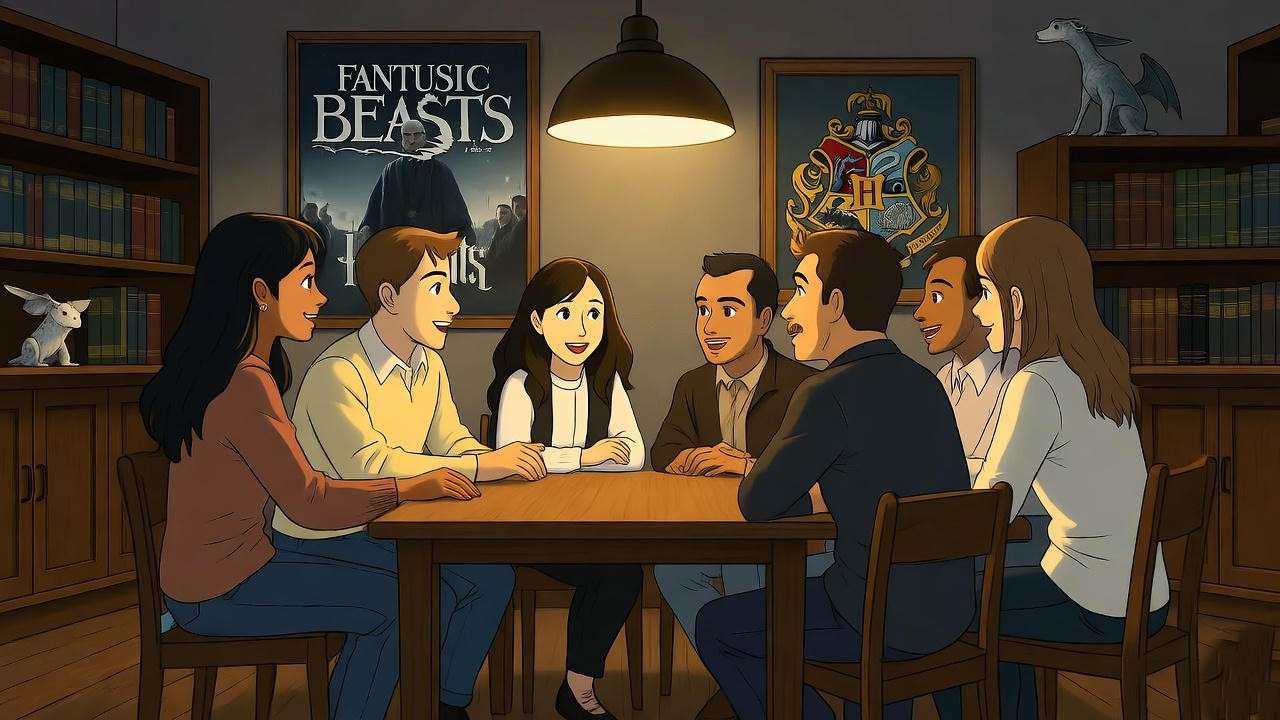
Educational Opportunities
Newt’s story offers a unique opportunity to educate fans about neurodiversity. Parents and educators can use his character as a starting point to discuss autism with younger audiences, emphasizing strengths like passion, empathy, and resilience. For example, a classroom discussion guide could explore how Newt’s dedication to magical creatures mirrors the intense interests of some autistic individuals, encouraging students to appreciate diverse talents. Similarly, Harry Potter book clubs can use Newt’s arc to explore themes of acceptance, drawing parallels to real-world advocacy for neurodiverse inclusion. To support this, we’ve created a downloadable discussion guide [link to be added] that includes questions like, “How does Newt’s connection with creatures reflect his unique perspective?” This resource empowers fans to engage deeply with the topic.
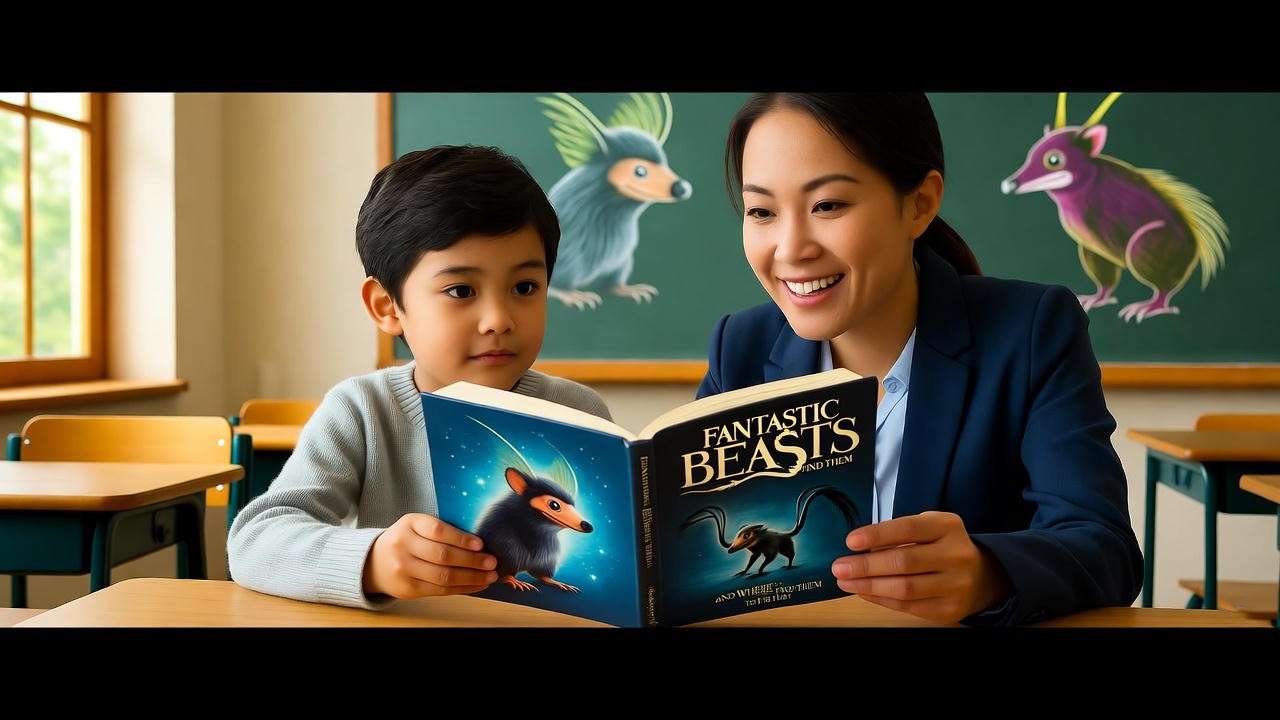
Expert Tip: Using Newt’s Story for Advocacy
For fans looking to advocate for autism awareness, Newt’s character can be a powerful tool. Consider hosting a Fantastic Beasts watch party with a post-screening discussion about neurodiversity, using scenes like Newt’s gentle interaction with the Occamy to highlight empathy and care. Partner with local autism organizations to share resources or donate proceeds from fandom events. By framing Newt as a lens for understanding, fans can amplify positive messages about neurodiversity, making the Wizarding World a platform for real-world impact.
Common Misconceptions About Autism and Newt
Myth vs. Reality
Misconceptions about autism can cloud discussions about characters like Newt. A common myth is that autistic individuals lack creativity or emotional depth, yet Newt’s imaginative suitcase ecosystem and heartfelt connections with characters like Credence disprove this. Another stereotype suggests autistic people cannot form meaningful relationships, but Newt’s bonds with Jacob, Tina, and his creatures show otherwise. According to the National Autistic Society, autism is characterized by diverse strengths, not deficits (NAS, 2024). Newt’s character helps debunk these myths, presenting a nuanced portrayal that encourages fans to question outdated assumptions.
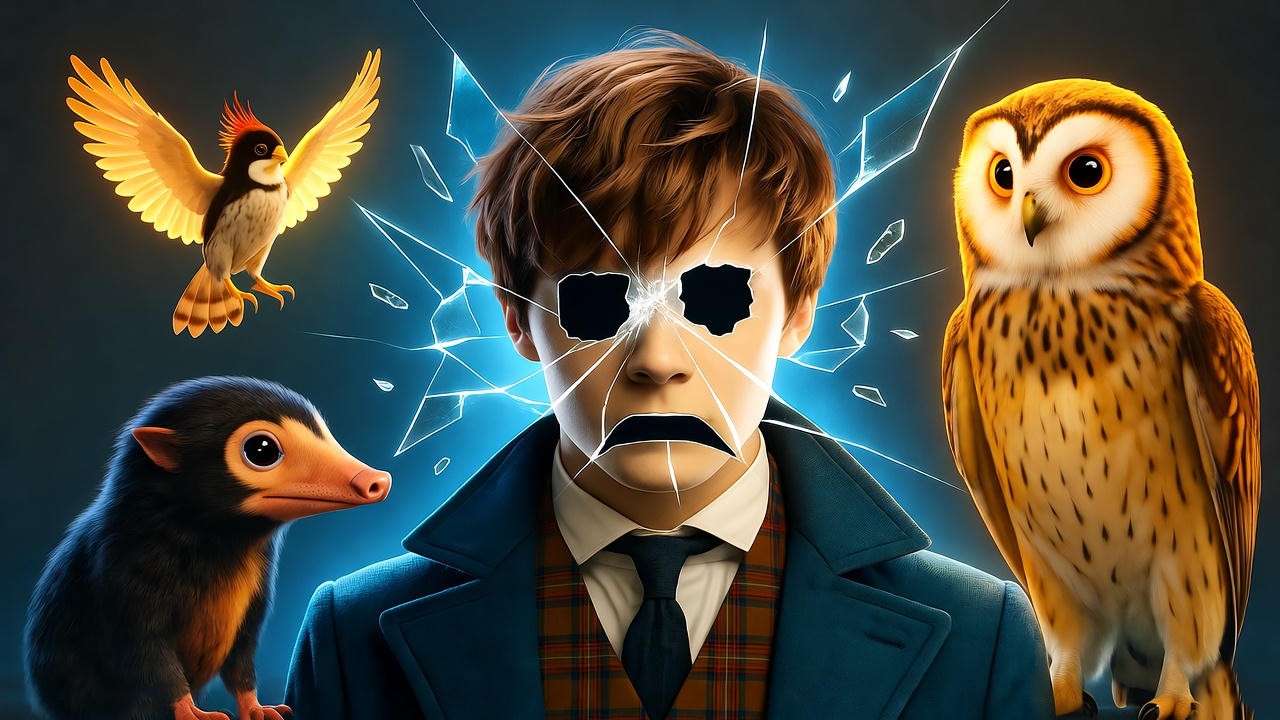
Avoiding Overgeneralizations
While Newt’s traits resonate with autism spectrum characteristics, it’s important to avoid overgeneralizing. Not every shy or quirky character is autistic, and assuming so risks oversimplifying a complex spectrum. Autism manifests differently in each individual, with some excelling in social settings and others preferring solitude, like Newt. Fans should approach these discussions with nuance, recognizing that Newt’s behaviors—such as his discomfort in crowds or intense focus—are open to interpretation. This approach respects the diversity of autism while honoring the character’s role in sparking meaningful dialogue.
FAQs About Newt Scamander and Autism
Is Newt Scamander Officially Autistic?
No, Newt Scamander is not officially autistic, as he is a fictional character and J.K. Rowling has not confirmed a diagnosis. However, his traits, such as social awkwardness and deep passion for magical creatures, align with characteristics often associated with autism, prompting fan discussions.
Why Do Fans Think Newt Might Be Autistic?
Fans point to Newt’s behaviors—like avoiding eye contact, thriving in solitary environments, and having an intense interest in magical creatures—as mirroring autism spectrum traits. These qualities resonate with neurodiverse fans who see themselves in his unique approach to the world.
How Can Newt’s Character Help Autism Awareness?
Newt’s positive portrayal as a compassionate, capable hero highlights the strengths of neurodiverse individuals. His story can spark conversations about acceptance, encouraging fans to learn about autism and advocate for inclusivity in their communities.
Are There Other Neurodiverse Characters in the Harry Potter Universe?
Characters like Luna Lovegood, with her whimsical perspective and unconventional social style, also spark discussions about neurodiversity. While not explicitly autistic, Luna and Newt share traits that resonate with fans seeking representation.
Newt Scamander’s journey in Fantastic Beasts offers a compelling lens for exploring neurodiversity in the Harry Potter universe. His social quirks, intense passion for magical creatures, and profound empathy align with traits associated with autism, sparking meaningful conversations among fans. While we cannot diagnose a fictional character, analyzing Newt’s behaviors fosters understanding and celebrates the strengths of difference. His story challenges stereotypes, builds community, and inspires empathy, making him a beloved figure for neurodiverse fans and allies alike. We invite you to share your thoughts on Newt in the comments, explore autism advocacy resources like the Autistic Self Advocacy Network, or rewatch Fantastic Beasts to see his magic through a new lens. In the Wizarding World and beyond, Newt reminds us that being different is a powerful kind of magic.

